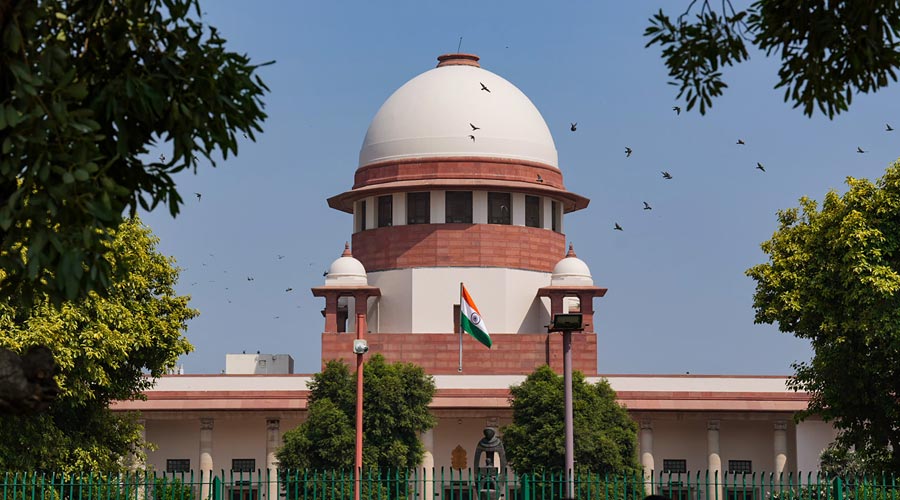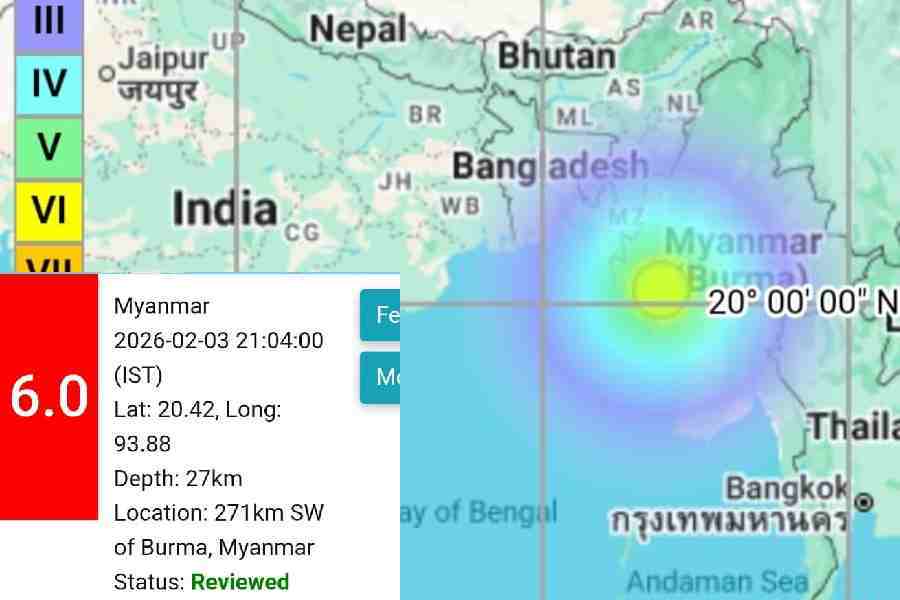The Supreme Court has directed the high courts to withdraw judicial work from trial court magistrates who routinely send accused to judicial or police custody without applying their minds to see whether such orders are warranted.
The bench of Justices Sanjay Kishan Kaul, Ahsanuddin Amanullah and Aravind Kumar asked the high courts to send such magistrates to judicial academies to undergo “orientation” courses.
Earlier, senior criminal lawyer Sidharth Luthra, who had been asked to assist the court, had submitted a report on some lower-court judges’ failure to comply with the apex court’s July 2022 directions in Satender Kumar Antil vs CBI that advocated fewer arrests and quicker bail.
“It is not as if these judgments have not been brought to the notice of the trial courts and, in fact, have even been noted, yet orders are being passed which have a dual ramification, i.e., sending people to custody where they are not required to be so sent and creating further litigation by requiring the aggrieved parties to move further,” the apex court said in a recent order, formally released on Thursday.
“It is the duty of the high courts to ensure that the subordinate judiciary under their supervision follows the law of the land. If such orders are being passed by some magistrates, it may even require judicial work to be withdrawn and those magistrates to be sent to the judicial academies.”
The bench said a “very large number of” instances came from “Uttar Pradesh and we are informed that orders passed especially in Hathras, Ghaziabad and Lucknow courts seem to be in ignorance of this law”.
“We call upon the counsel for the High Court of Allahabad to bring this to the notice of the Hon’ble the Acting Chief Justice,” it added.
In the July 2022 judgment, the apex court had mandated that police shall not arrest people routinely for offences that entail punishments of less than seven years, and that failure to comply with this would entitle the accused to bail.
It had asked the Centre to consider enacting a “Bail Act” to facilitate quick bail. It had added that bail pleas should be disposed of within two weeks and anticipatory bail applications within six weeks.
In its latest order, the top court expressed concern at the Luthra report’s finding that thousands of undertrials were languishing in jail without bail. It said that apart from Uttar Pradesh, “other high courts/ states where the data stares us in face is of the Madras, Orissa and Gauhati High Court”.
“We have to emphasise to the counsel for the Gauhati High Court and the Orissa High Court that possibly some special steps are necessary to tackle this problem and they assure us that the needful will be done,” it said.
“Insofar as Madras High Court is concerned, none has even cared to attend the proceedings. Let the registrar remain personally present in court.”
The bench referred to another recent apex court judgment, which observed that “appellants apprehend arrest, not at the behest of the CBI but at the behest of the trial court”.
“This is for the reason that in some parts of the country, there seems to be a practice followed by courts to remand the accused to custody the moment they appear in response to the summoning order,” it said.
The bench appointed Luthra formally as amicus curiae (friend of the court) — to be assisted by another counsel, Akbar Siddque — to whom all compliance affidavits should be sent by the states and registrars-general of the high courts.
The bench said the CBI and all the states should direct their public prosecutors to bring the correct legal position before the courts, and “training programmes be organised to keep on updating the prosecutors in this behalf”.
On May 2, the bench will hear whether its latest directives have been complied with.










